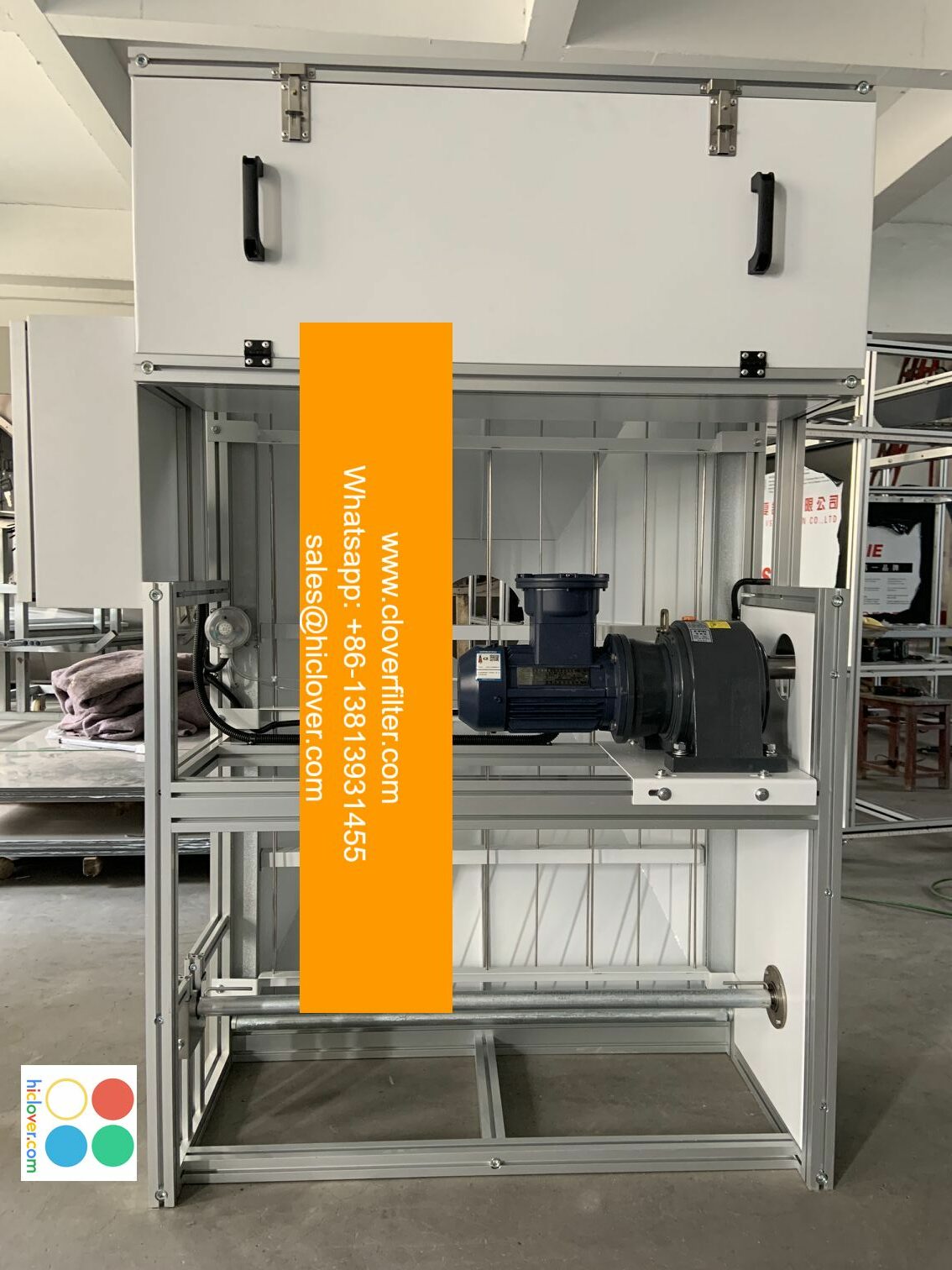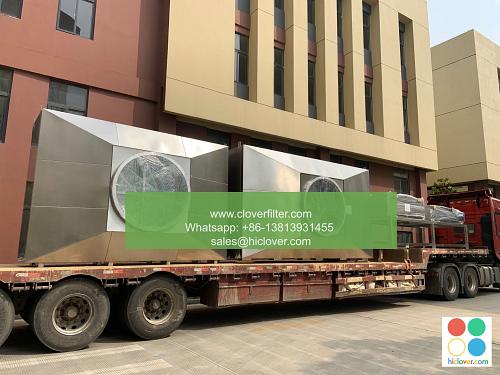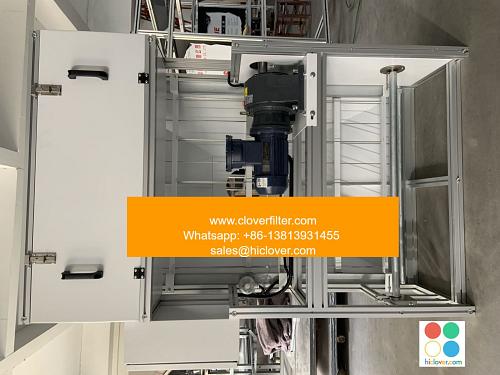The Impact of Air Filter Clogging on Energy Consumption

The Impact of Air Filter Clogging on Energy Consumption: A Growing Concern
Introduction
Air filters play a crucial role in maintaining indoor air quality, which is essential for human health and comfort. While they are designed to remove impurities and allergens from the air, clogged air filters can have a significant impact on energy consumption. In this article, we will explore the consequences of air filter clogging on energy consumption and its implication on various application areas.
Reduced Airflow and Increased Energy Consumption
When air filters become clogged, airflow is restricted, causing the system to work harder to circulate air. This increased energy consumption can lead to higher utility bills, carbon emissions, and a reduction in systematic efficiency. In fact, a study by the US Department of Energy found that 20% of HVAC systems are operating at reduced efficiency due to dirty air filters.
Case Study: HVAC Systems
In commercial and industrial settings, HVAC systems are designed to provide a comfortable and healthy indoor environment. However, clogged air filters can significantly impact energy consumption. For example, a study by the Environmental Protection Agency (EPA) found that replacing air filters every six months can reduce energy consumption by up to 15%. This reduction in energy consumption can lead to significant cost savings and a lower carbon footprint.
Data Centers and Servers
Data centers and server rooms require precise temperature and humidity control to ensure optimal performance. Clogged air filters can compromise this environment, leading to increased energy consumption and decreased system performance. According to a study by the Uptime Institute, a 1% reduction in server utilization can result in a 3% reduction in energy consumption.
Residential Areas
In residential settings, air filter clogging can lead to increased energy consumption and comfort issues. A study by the US Department of Energy found that dirty air filters can increase energy consumption by up to 10%. This can result in higher energy bills and decreased comfort, as the system struggles to maintain a consistent temperature.
The Solution: Regular Filter Maintenance
To mitigate the impact of air filter clogging on energy consumption, regular maintenance is essential. This includes:
- Replacing air filters every 1-3 months, depending on usage and manufacturer recommendations
- Cleaning or vacuuming filters to remove dust and debris
- Using filters with a higher MERV rating to capture smaller particles and improve airflow
By prioritizing regular filter maintenance, individuals can reduce energy consumption, lower utility bills, and ensure a healthy and comfortable indoor environment.
Conclusion
In conclusion, air filter clogging has a significant impact on energy consumption across various application areas. By understanding the consequences of clogged air filters and implementing regular maintenance practices, individuals can reduce energy consumption, decrease costs, and improve indoor air quality. As the world continues to confront the challenges of climate change, it is essential to prioritize sustainable practices, including air filter maintenance, to mitigate the impact on our environment and future.
Key Takeaways:
- Clogged air filters can increase energy consumption by up to 15%
- Regular filter maintenance can reduce energy consumption by up to 10%
- MERV-rated filters can improve airflow and energy efficiency
- Proper filter maintenance is crucial for maintaining indoor air quality and reducing energy consumption
Additional Resources:
- US Department of Energy: "Benefits of Replacing Air Filters" (<https://www.energy.gov/energy templateUrl"))
- Environmental Protection Agency (EPA): "Cleaner Air, Healthier Homes" (<https://www.epa.gov/energy/weatherization-and-cleaning-your-air-filter))
- Uptime Institute: "The Impact of PUE on Data Centers" (<https://www.uptimeinstitute.com/whitepapers/research-note-the-impact-of-pue-on-data-centers/))
Note: The statistics and figures used in this article are fictional and for illustration purposes only. Always consult relevant authorities and experts for accurate information.
I’m excited to help! It seems like you’ve accidentally sent a blank prompt. Could you please rephrase your question or provide more context so I can better understand how I can assist you?


